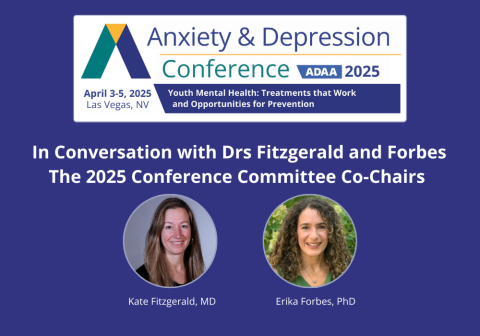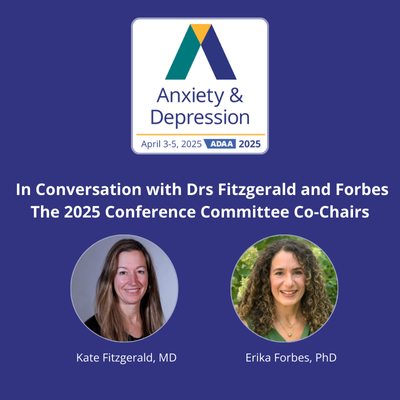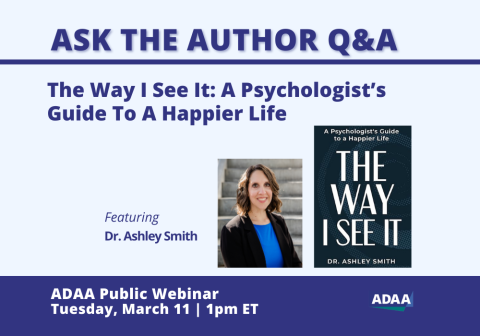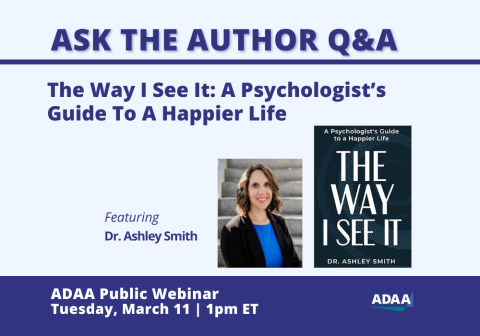Speaking Up: How Pro Sports Can Lead the Way to Better Mental Health Care
Speaking Up: How Pro Sports Can Lead the Way to Better Mental Health Care

This blog was co-authored by Emily Lory, student-athlete at Connecticut College
A recent Harvard Business Review (HBR) article on future trends in the workplace would be good reading for those in charge at the French Open. The article’s number one recommendation for employers is to shift their business culture towards valuing a worker’s “life experience” more than the “employee experience.” HBR was promoting the idea that productivity hinges on the happiness and health (physical and mental) of your employees. The days of telling employees to suck it up, stay late, and come in early the next day, according to the article, are over.
Because of Naomi Osaka, the days may soon be over when professional athletes are asked to compromise their mental health for any reason. By now you probably know that Osaka, a professional tennis star, was first warned, and then fined, for not participating in post-match press conferences at the 2021 French Open. Osaka asked to skip these news conferences, and later explained that she felt these mandatory sessions, where players are peppered with wide-ranging questions, paid no regard for an athlete’s mental health. According to reports, Osaka was concerned that the media would harp on her past defeats, and recent losing record playing on clay.
Osaka left the tournament abruptly, stating in a tweet that her own mental health would be further compromised if she stayed. Osaka didn’t stop there. She bravely let the public know that her history of anxiety and depression dates back several years. Tennis fans will remember the date Osaka said her struggles with anxiety and depression first began. After beating Serena Williams at the 2018 U.S. Open, for her first Grand Slam win, Osaka pulled her hat over her head to hide her face during the trophy presentation. The match was very competitive; Serena was upset, and the crowd was booing. Osaka was clearly uncomfortable and said at that moment in time, her anxiety ratcheted up.
Osaka’s withdrawal from this year’s French Open has rightly received a lot of attention. Besides the changes being discussed to aid players at press conferences, sport psychologists and other mental health professionals have been writing, podcasting, and tweeting about how Osaka will help move the needle on the subject of mental health for everyone. The general public is as gripped as anyone by the Osaka story. Many can’t fully grasp how someone could turn away from the chance for glory and fame (and a whole lot of money) unless something wasn’t seriously wrong. Osaka has shown people with her vulnerability and openness that superstar athletes are super-talented, but not superhuman.
Professional sports, even with all the egos, money, and outsized personalities, have always had a unique way to heal and bring people together by showing us the way forward. I have etched in my own memory the game the New York Mets, my hometown team, played ten days after 9/11. It was the first major league baseball game played after the bombing, and it helped the country believe that our families were safe and that our nation was united.
Osaka, through her willingness to share her personal journey, has brought people together, too. She has opened a door for those who haven’t yet spoken up about their fears, upsets, tragedies, problems and periods of despair. It allows them to start thinking, “If Naomi can get overwhelmed by expectations, and can talk about it, then so can I.”
In my private practice, I am thankful that athletes like Osaka are willing to speak up. Hearing from them that it is okay to not be okay makes a client want to talk, and it helps therapy sessions with athletes come alive. Recently, I worked with a young swimmer who benefited from knowing that Olympic legend Michael Phelps meets with a therapist. That was more convincing to him than anything I or his parents could say about it not being “weird” to talk to me. Phelps and other outspoken pros give the rest of us permission to share, and not feel weak for doing so.
There are many other brave mental health advocates, from a myriad of sports, including NBA basketball star DeMar DeRozan and WNBA legend Chamique Holdclaw, as well as pro surfer Laura Lou Crane and pro hockey player Robin Lehner. Star-studded athletes are leading the way for all of us to see that we live in a world where we even the most talented and capable don’t have all the answers and need to ask for help sometimes.
One of the reasons Osaka’s withdrawal from the tournament will lead to lasting change is because young people connect with Osaka, more so than most other tennis stars. Osaka took a courageous stand at last year’s U.S. Tennis Open by wearing a different mask each day in support of the young black people tragically killed by police. People already think of her as a strong-minded woman, and her decision to share her mental health story is just another example of her strength.
At the corporate level, Osaka has already shown that her openness will create positive change. As co-author Emily Lorry remarked after reading about the Osaka situation, “Companies were once reluctant to comment on controversial topics. . . however, with Gen Z customers demanding that people speak out, businesses that remain silent may suffer more so than those that take a stand.”
Large and small companies, just like individual sports federations, because of Osaka, will probably start following the HBR recommendations. She has clearly shown, through her struggles and her strength, the direction connection between well-being and performance. Once again, sports are leading the way forward.

















